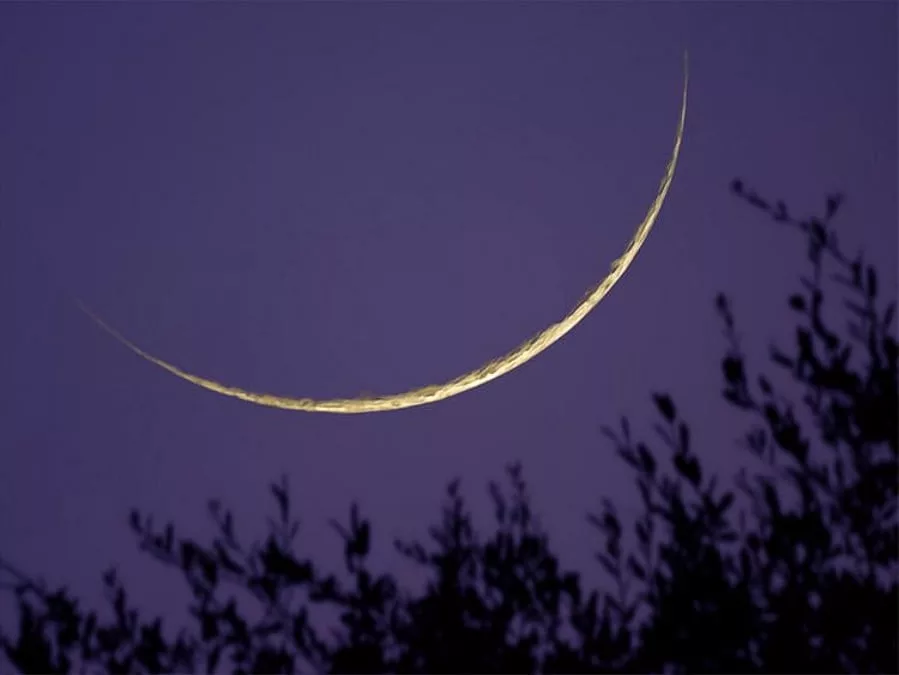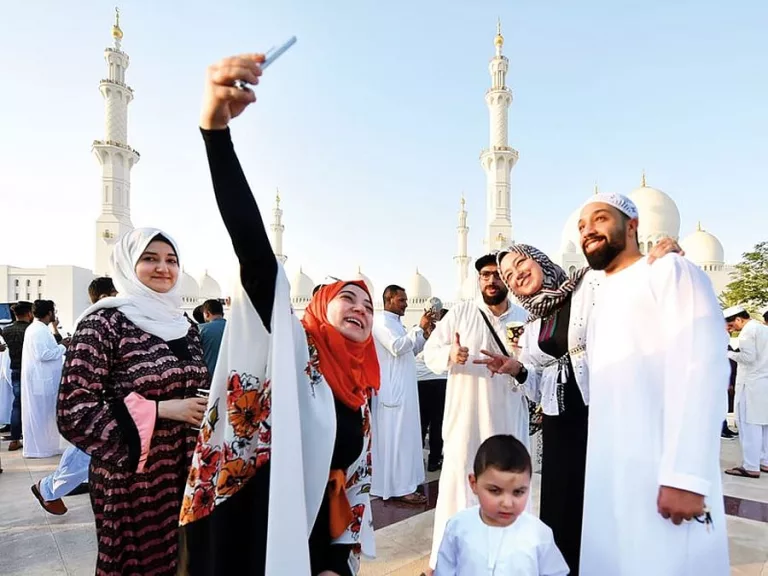
As Eid Al Adha approaches in 2025, countries worldwide are preparing for celebrations on either June 6 or June 7. The differing dates are determined by local moon sightings and the decisions made by religious authorities in each nation.
Countries Celebrating on June 6
Saudi Arabia: The Kingdom will observe Eid Al Adha on June 6, marking the conclusion of the annual Hajj pilgrimage, following traditional moon sighting practices.
United Arab Emirates (UAE): Authorities confirmed the sighting of the Dhu Al Hijjah moon, setting Eid for June 6, with the Day of Arafat occurring the day prior, on June 5.
Oman: Similar to the UAE, Oman announced Eid Al Adha for June 6 after confirming the moon sighting, following the Day of Arafah on June 5.
Qatar: The country declared May 28 as the first day of Dhu Al Hijjah, confirming Eid on June 6.
Australia: The Grand Mufti announced that Eid celebrations will take place on June 6.
Indonesia: The Ministry of Religion confirmed the sighting of the crescent moon, designating June 6 for Eid.
Countries Observing on June 7
Pakistan: The Central Ruet-e-Hilal Committee did not sight the moon, leading to a postponed start to Dhu Al Hijjah on May 29 and Eid Al Adha on June 7.
Malaysia: The moon was not sighted, resulting in Eid celebrations being scheduled for June 7.
Brunei: Following Malaysia’s lead, Brunei will also observe Eid on June 7.
India: Based on local moon sightings, Eid is expected to be celebrated on June 7 in various regions.
Bangladesh: The official date for Eid Al Adha will be announced by the government, with a 10-day holiday planned for government employees from June 5 to June 14.
Understanding the Date Differences
The differences in Eid dates arise from regional variations in moon sighting practices, which are essential to the Islamic calendar. Despite these discrepancies, Eid Al Adha serves as a unifying celebration commemorating the devotion and sacrifice of Prophet Ibrahim.
What is Eid Al Adha?
Eid Al Adha, or the ‘Feast of Sacrifice’, is celebrated on the 10th day of the Hajj rituals during Dhu Al Hijjah, the final month of the Islamic calendar. It marks a time of gathering for prayers, family visits, gift exchanges, and feasting, embodying acts of charity and community spirit.
What is Arafat Day?
Arafat Day falls on the ninth of Dhu Al Hijjah, the day before Eid Al Adha. It is significant for pilgrims, as they gather at Mount Arafat, and holds a special meaning for those not performing Hajj, who often observe it with fasting and reflection.





